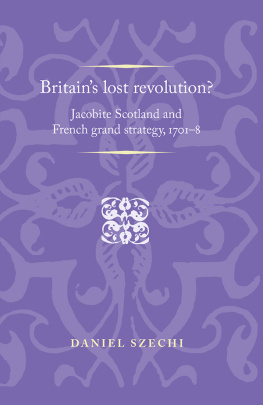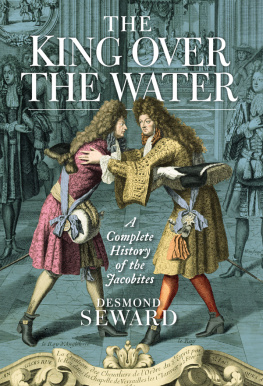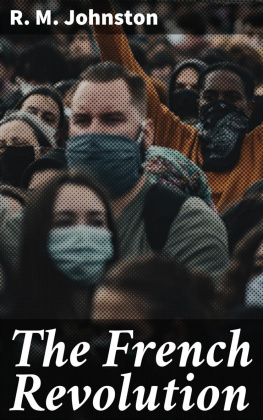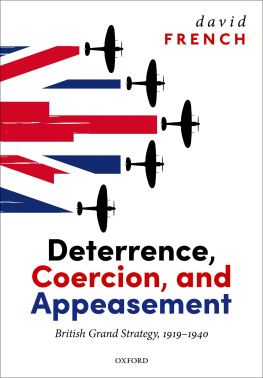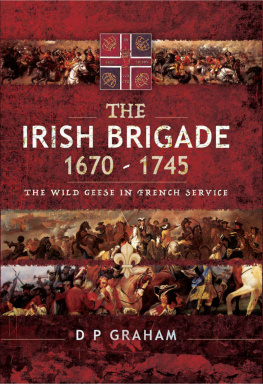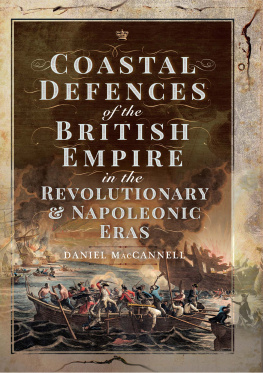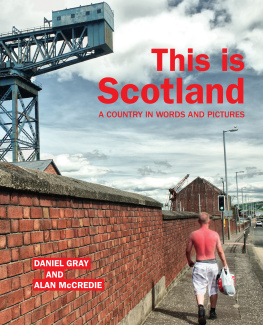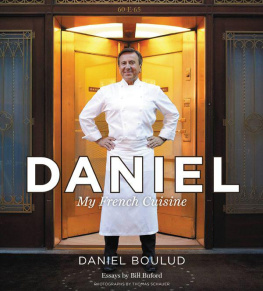Britains lost revolution?
Politics, culture and society in early modern Britain
General editors
DR ALEXANDRA GAJDA
PROFESSOR ANTHONY MILTON
PROFESSOR PETER LAKE
DR JASON PEACEY
This important series publishes monographs that take a fresh and challenging look at the interactions between politics, culture and society in Britain between 1500 and the mid-eighteenth century. It counteracts the fragmentation of current historiography through encouraging a variety of approaches which attempt to redefine the political, social and cultural worlds, and to explore their interconnection in a flexible and creative fashion. All the volumes in the series question and transcend traditional interdisciplinary boundaries, such as those between political history and literary studies, social history and divinity, urban history and anthropology. They thus contribute to a broader understanding of crucial developments in early modern Britain.
Recently published in the series
Chaplains in early modern England: Patronage, literature and religion HUGH ADLINGTON, TOM LOCKWOOD AND GILLIAN WRIGHT (eds)
The Cooke sisters: Education, piety and patronage in early modern England GEMMA ALLEN
Black Bartholomews Day DAVID J. APPLEBY
Insular Christianity ROBERT ARMSTRONG AND TADHG HANNRACHAIN (eds)
Reading and politics in early modern England GEOFF BAKER
No historie so meete JAN BROADWAY
Republican learning JUSTIN CHAMPION
News and rumour in Jacobean England: Information, court politics and diplomacy, 161825 DAVID COAST
This England PATRICK COLLINSON
Sir Robert Filmer (15881653) and the patriotic monarch CESARE CUTTICA
Doubtful and dangerous: The question of succession in late Elizabethan England SUSAN DORAN and PAULINA KEWES (eds)
Brave community JOHN GURNEY
Black Tom ANDREW HOPPER
Impostures in early modern England: Represenations and perceptions of frauduent identities TOBIAS B. HUG
The politics of the public sphere in early modern England PETER LAKE AND STEVEN PINCUS (eds)
Henry Neville and English republican culture GABY MAHLBERG
Royalists and Royalism during the Interregnum JASON MCELLIGOTT AND DAVID L. SMITH
Laudian and Royalist polemic in Stuart England ANTHONY MILTON
Full details of the series are available at www.manchesteruniversitypress.com.
Britains lost revolution?
Jacobite Scotland and French grand strategy, 17018
DANIEL SZECHI
Manchester
University Press
Copyright Daniel Szechi 2015
The right of Daniel Szechi to be identified as the author of this work has been asserted by him in accordance with the Copyright, Designs and Patents Act 1988.
Published by Manchester University Press
Altrincham Street, Manchester m1 7ja, UK
and Room 400, 175 Fifth Avenue, New York, ny 10010, USA
www.manchesteruniversitypress.co.uk
Distributed exclusively in the USA by
Palgrave Macmillan, 175 Fifth Avenue, New York, ny 10010, USA
Distributed exclusively in Canada by
UBC Press, University of British Columbia, 2029 West Mall,
Vancouver, BC , Canada V 6 T 1Z2
British Library Cataloguing-in-Publication Data
A catalogue record for this book is available from the British Library
Library of Congress Cataloging-in-Publication Data applied for
ISBN 978 0 7190 8917 6 hardback
First published 2015
The publisher has no responsibility for the persistence or accuracy of URLs for external or any third-party internet websites referred to in this book, and does not guarantee that any content on such websites is, or will remain, accurate or appropriate.
Typeset in Scala with Pastonchi display by
by Koinonia, Manchester
For Gavin, in anticipation of the excellent discussion that will follow


One of the pleasures of researching and writing a major book is encountering the interesting work and bright ideas of kindred spirits. This book has benefited hugely from the work of others. In fact, it is fair to say it would not have been possible to write it on the kind of time-scale demanded by the procrustean bed of government research assessments without the great outpouring of scholarship in Jacobite studies and early eighteenth-century history over the last thirty years. But in terms of individuals, first and foremost I owe a huge debt of gratitude to Professor Edward Corp, until recently of the University of Toulouse (and now happily retired). Not only did his excellent scholarship provide a solid platform for my own efforts, he took time away from his new grand-daughter selflessly to read my chapters in draft, made invaluable suggestions and pointed out where my schoolboy French had led me astray when I was translating passages from French into English. This was kindness and scholarly solidarity indeed. I am also grateful to Dr Frances J. Shaw of the National Records of Scotland for seeking me out to bring one of her discoveries GD 24/1/872/1/3: the memoirs of the Morays of Abercairny to my attention. This is a major new source for the history of Jacobitism in Scotland and all historians of Jacobitism are in her debt. Dr Graham Townend likewise stepped out of his way to remind me of the Historical Manuscripts Commission volume of the papers supplied to the House of Lords investigation of the British governments conduct during the attempted invasion of Scotland, and generously sent me photographs of the Firth of Forth taken from the very hill where eyewitnesses in the Dalhousie papers watched the clash between the French squadron and the Royal Navy on 13 March 1708. In the same vein, Laurence Pope, former US Ambassador to France, biographer of his fellow diplomat Franois de Callires and future biographer of Colonel Nathaniel Hooke, generously pointed me in the direction of the Huxelles newsletters held at the John Rylands University Library, Manchester. My thanks are also due to Dr Louise Viena Katainen, an old friend from my days at Auburn University in Alabama, who translated crucial letters in Italian between Queen Mary of Modena and Cardinal Filippo Antonio Gualterio, which I could not otherwise have used, Aaron Graham of Somerville College, Oxford, who kindly sent me several references from the Huntington Library relating to the embarkation of British troops in Flanders, Andrew Little, for suggesting some contemporary atlases and their maps might be useful, and Darren Layne, who selflessly and very efficiently knocked out the outline map of the east coast of Scotland to be found below. Dr John Young of Strathclyde University also well deserves my thanks for several conversations in which he steered me towards the likely political or ideological origins of the Scots Jacobites plans to reform the constitution of Scotland in the event of a Jacobite victory.

